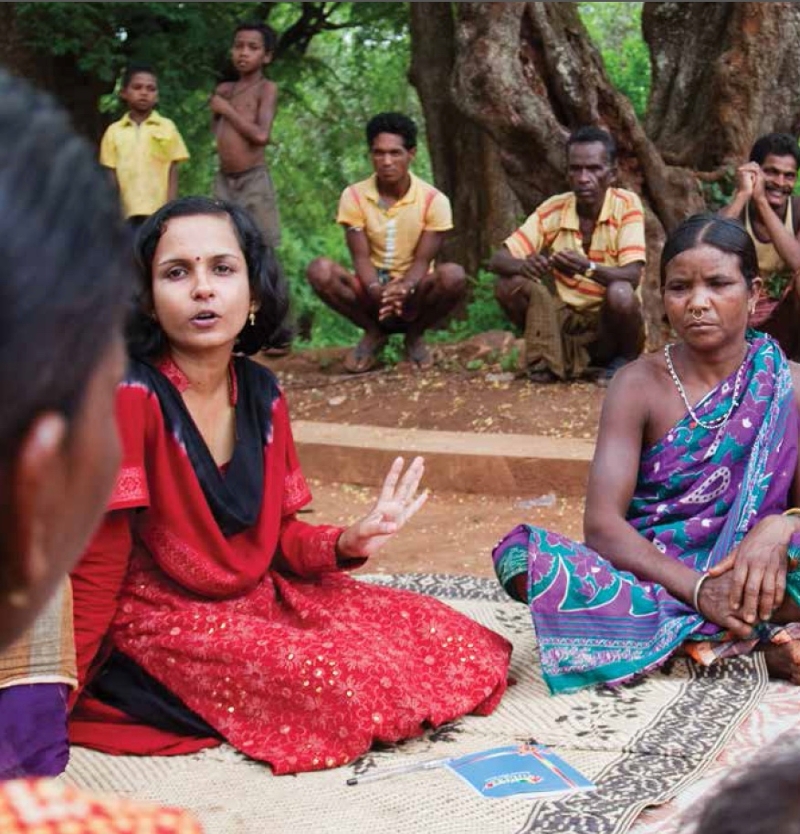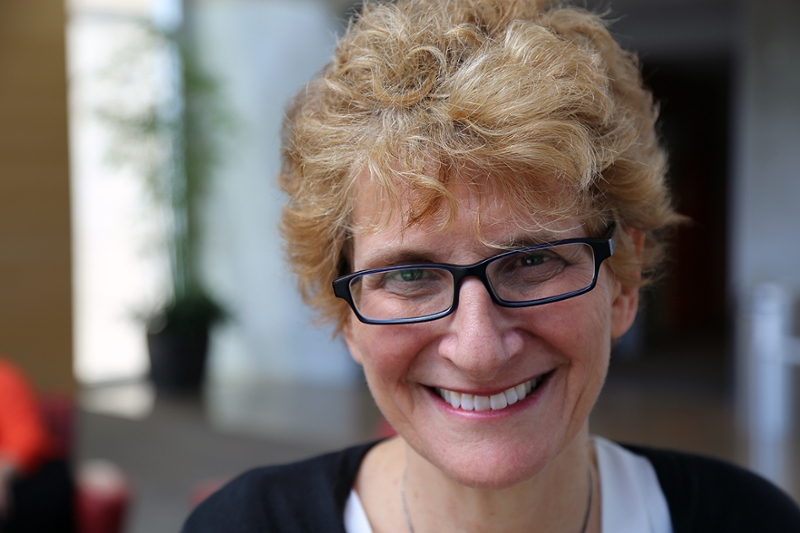By Bethany Romano, MBA’17

The last decade has seen a significant spike in university students studying abroad. International scholarships play a huge role in fostering global mobility, bringing scholars from the global south to study at universities in mostly Western countries. Although international students still represent a very small minority of students overall, there are about 4.5 million of them worldwide today—almost triple the number from 15 years ago.
Joan Dassin ’69, director of Heller’s Sustainable International Development program, is co-editing a book on the subject titled “International Scholarships in Higher Education: Pathways for Social Change” to be published by Palgrave Macmillan in mid-2017. With it, she and her co-editors are pioneering a new research field on international scholarships in higher education.
She says, “We’ve seen a renewed emphasis on higher education in developing countries, with a special niche remaining for physical study abroad, despite the proliferation of online programs. Studying abroad creates important social networks and it can expose students to empowering ideologies—especially for women or members of minority groups—which can’t be replicated electronically or necessarily obtained in one’s home country.”
While many countries—most notably China—have provided significant government funding for study abroad in recent years, private international scholarship programs such as Rhodes and Fulbright have long histories. Dassin says, “These programs were founded to increase international understanding, change hearts and minds—but nobody actually looked into them too deeply to see if that was true.” They were a feel-good exercise, she notes; nobody argues against the value of a scholarship program. For this reason perhaps, the first extensive evaluation of the Fulbright program wasn’t conducted until 50 years after its founding.

One of the book’s key recommendations is that more research is needed on international scholarships and the students they fund. “The data about these programs is very uneven, when it’s available at all,” she says. “We hope this book will help constitute this as a field of research, policy and practice. We need basic information: how many people have held international scholarships, and where have they gone? What is their socio-economic profile? Most important, have they used their education to benefit their home countries, and in what ways? What are the pathways leading from higher education to social change? We need to think more deeply about how to gauge the impact of these investments.”
Dassin argues that for a scholarship to have significant impact, it must target the right recipients. “Talent is randomly distributed, but selectively developed. It’s important to fund individuals who are committed to social change and who otherwise wouldn’t have access to international education, perhaps because they are from a remote, rural area, they’re a member of an indigenous group, or they’re female in a society where women have limited opportunities. By being deliberate about targeting, you can have a huge impact.”
After many years in international development, including founding and leading the Ford Foundation International Fellowships Program, Dassin believes that solving development challenges requires the empowerment of local people through higher education. “We can’t send everyone to Oxford on a Rhodes Scholarship, but maybe we can send a few hundred each year who will have a tremendous multiplier effect. That’s the best investment you can make — investing in people who have the capacity to learn, who can then go home and reinvent solutions for their own context.”
This story originally appeared in the spring 2017 Heller Social Policy Impact Report. We invite you to view the report online or download a PDF of the report.
